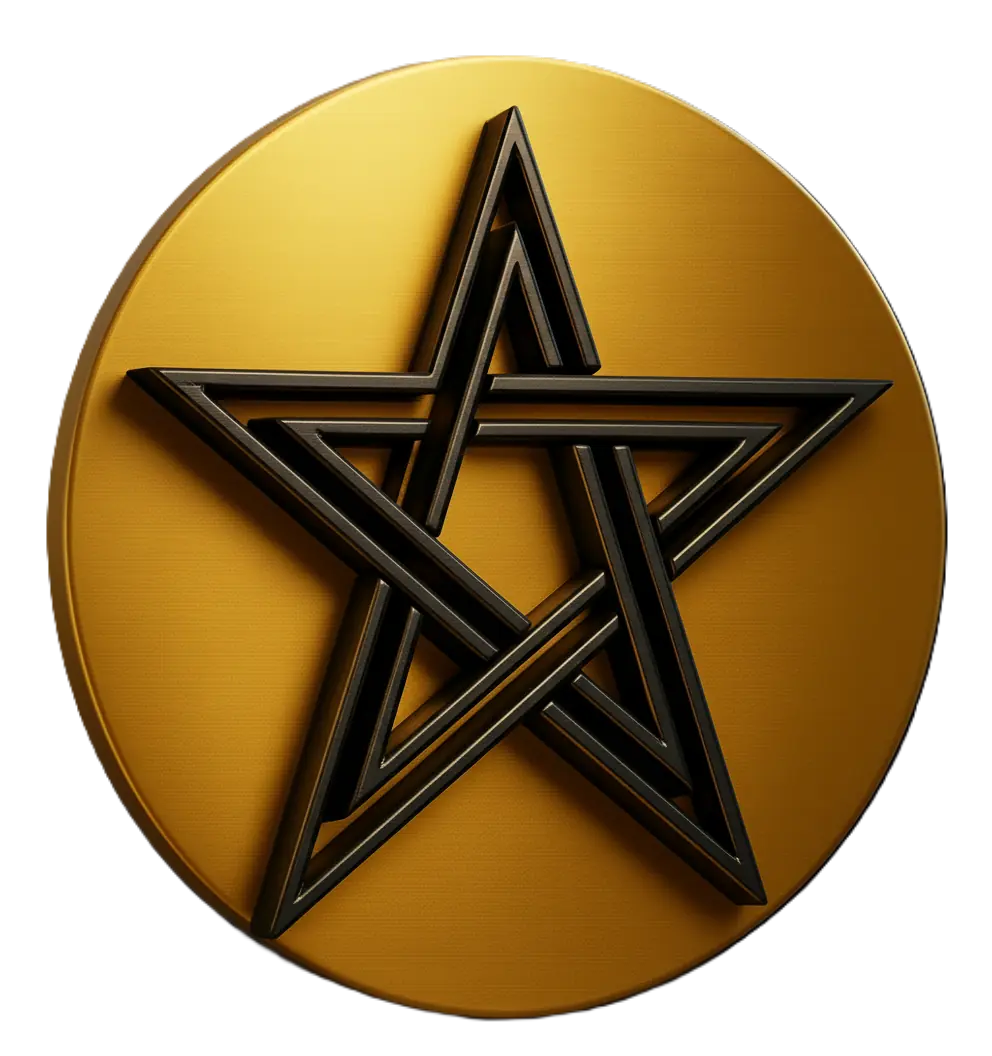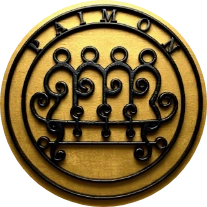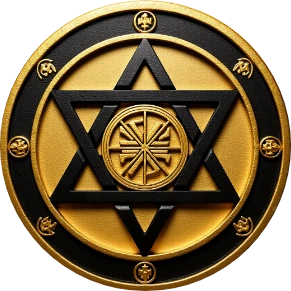Witchcraft vs Wicca | What's the Difference
- Bran Alder

- Jun 5, 2024
- 4 min read
Updated: Jul 21

Witchcraft vs Wicca: What's the Difference?
Navigating the contemporary landscape of occultism often leads to a common misconception: the interchangeable use of "witchcraft" and "Wicca." While these terms frequently intersect, they fundamentally represent distinct pathways. For those newly engaging with these profound spiritual traditions, or indeed for anyone seeking greater clarity, this discourse aims to delineate the precise distinctions between these two significant yet separate practices.
Witchcraft Versus Wicca: Fundamental Distinctions
Witchcraft, an ancient and diverse practice, predates the establishment of Wicca by millennia. It fundamentally involves the intentional manipulation of energy, the engagement with natural forces, the communion with spiritual entities, and the cultivation of personal power to enact desired transformations.1 For some practitioners, witchcraft is interwoven with a specific spiritual or philosophical framework, while for others, it stands as a practical methodology independent of deity worship or religious affiliation.
Conversely, Wicca constitutes a distinct religion, formally emerging in the mid-20th century. While it often incorporates elements of witchcraft into its observance, Wicca is characterized by a structured theological system, typically centered on a revered God and Goddess. Its framework includes established rituals, adherence to ethical principles such as the Wiccan Rede, and a comprehensive calendar of observances tied to seasonal and lunar cycles. Thus, while one can certainly be a Wiccan who practices witchcraft, it is equally valid to practice witchcraft without adhering to Wiccan tenets. Moreover, it is possible to identify as Wiccan with minimal engagement in active spellcraft.
Can One Exist Without the Other?
Absolutely. Witchcraft is fundamentally a practice, whereas Wicca is a religion. A prevalent misconception holds that all practitioners of witchcraft adhere to Wiccan beliefs, largely due to Wicca's significant role in rekindling contemporary interest in occult practices. However, a substantial number of witches do not align with Wiccan theology in any capacity. Their paths may derive from ancient folk traditions, embrace secular methodologies, draw deeply from ancestral practices, or indeed, forge entirely individualized approaches to their craft.
Conversely, there exist Wiccans who prioritize the religious facets of their faith over extensive engagement in spellwork or traditional witchcraft. Their focus often centers on venerating the deities, observing the seasonal Sabbats, and upholding the ethical framework inherent to Wicca, with their ritualistic engagement primarily confined to the prescribed ceremonies within the Wiccan tradition.
The Core Differences Between Witchcraft and Wicca
The fundamental distinctions between Witchcraft and Wicca can be succinctly outlined as follows:
Witchcraft represents a set of practices; Wicca constitutes a defined religion.1
Witchcraft does not necessitate adherence to any specific belief system or pantheon.2 Conversely, Wicca encompasses a structured theological framework, typically involving the veneration of the God and Goddess.3
Witchcraft can manifest across a spectrum from entirely secular applications to deeply spiritual engagements, based on individual preference. Wicca, however, includes prescribed rituals and a distinct ethical code, prominently featuring principles such as the Wiccan Rede: "An it harm none, do what ye will."4
Witchcraft encompasses an immense array of traditions and methodologies globally, many of ancient origin.5 Wicca, by contrast, is a specific religious pathway that originated in the mid-20th century.6
Why Does This Confusion Persist?
The widespread conflation of Wicca and Witchcraft largely stems from historical context. In the 20th century, Wicca gained considerable prominence, emerging as one of the most recognized forms of modern witchcraft.1 Consequently, various forms of media, literature, and even popular culture frequently presented the two terms as synonymous.2 Yet, the enduring reality is that witchcraft predates Wicca significantly and encompasses a far broader spectrum of practices.3
Contemporary witches often draw from a multitude of traditions.4 Some engage in folk magic, others delve into ceremonial forms, while many focus on spirit work or nature-based practices.5 Importantly, not all these diverse paths align with Wiccan theology, and this autonomy is a fundamental aspect of witchcraft. Its very nature is fluid, evolving continuously with each individual practitioner's journey and understanding.6
Finding Your Path
So, where do you find your place within these traditions? If you resonate with structured rituals, nature-centric worship, and a spiritual path grounded in established beliefs, Wicca might align well with your aspirations. Conversely, if your interest lies primarily in the practical application of power without a specific religious framework, exploring diverse occult traditions, or engaging in independent practice, then witchcraft—independent of Wiccan tenets—may be a more suitable direction.
There is no immediate requirement, or indeed any obligation ever, to assign yourself a definitive label. The journey is one of exploration and experimentation; above all, trust your inherent intuition. Whether you find yourself drawn to the structured observances of Wicca or prefer a more eclectic approach to your craft, the path you traverse is uniquely yours to define and shape.
Final Reflections
Ultimately, the discussion concerning witchcraft versus Wicca is not about establishing superiority, but rather about fostering clarity. Grasping these fundamental distinctions empowers you to discover the path that genuinely resonates with your spirit. Whether you opt to practice witchcraft, adhere to Wicca, or thoughtfully integrate elements from both, the capacity for profound transformation rests within your own intent and effort.
We welcome your insights on this topic. Please share your thoughts in the comments below, and let us engage in a meaningful discussion about what being a witch signifies to you.







Comments